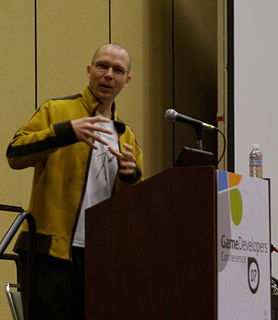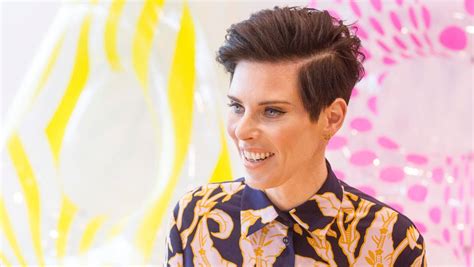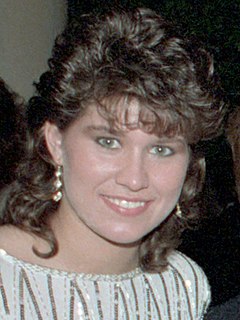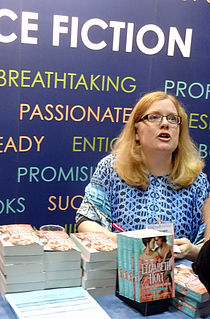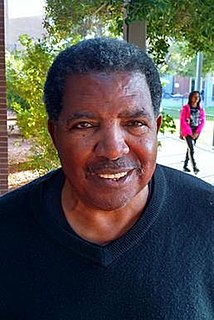A Quote by Khaled Hosseini
I entered the literary world, really, from outside. My entire background has been in sciences; I was a biology major in college, then went to medical school. I've never had any formal training in writing. So what I know about writing, I know from my own instincts, and whatever the narrative voice is in my own head.
Related Quotes
You know, in college, I never got either degree, but I was a double-major in Computer Science and English. And English at Berkeley, where I went to school, is very much creatively-driven. Basically, the entire bachelor's degree in English is all about bullshitting. And Computer Science, which was my other major, was exactly the opposite of that. You had to know what you were doing, and you had to know what you were talking about.
My literary criticism has become less specifically academic. I was really writing literary history in The New Poetic, but my general practice of writing literary criticism is pretty much what it always has been. And there has always been a strong connection between being a writer - I feel as though I know what it feels like inside and I can say I've experienced similar problems and solutions from the inside. And I think that's a great advantage as a critic, because you know what the writer is feeling.
I pretty much started out writing full time. I was an at-home mom and when my youngest entered kindergarten, I started writing. I was 35, and before that I really hadn't written at all. Which means, I guess, that a) it's never too late to start a writing career (or any career you really want) and b) it's OK to get to your mid-30s and still not know what you want to be when you grow up.
For me writing is a long, hard, painful process, but it is addictive, a pleasure that I seek out actively. My advice to young writers is this: Read a lot. Read to find out what past writers have done. Then write about what you know. Write about your school, your class, about your teachers, your family. That's what I did. Each writer must find his or her own kind of voice. Finally, you have to keep on writing.
If you read a book about school - someone else's book - you always translate it into your own school experiences. It's describing the student: he's bewildered and lost in a large crowd in a university classroom. You'll visualize that from your own experiences. So, everything you know is what you're really writing.





